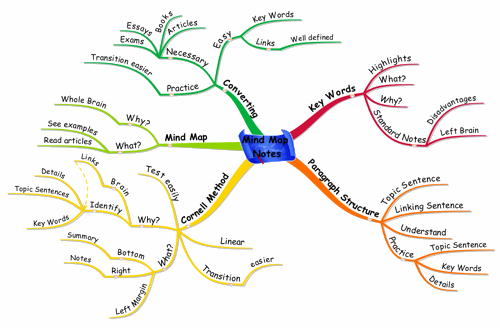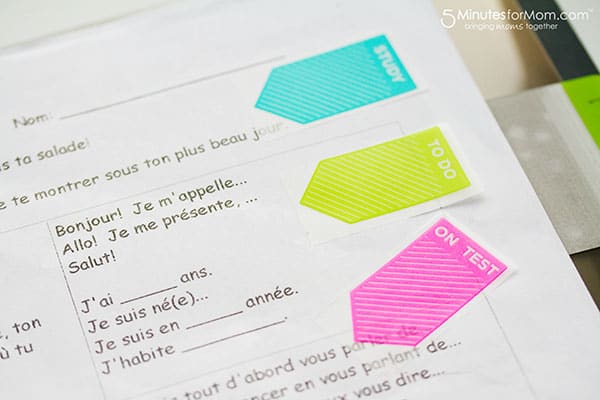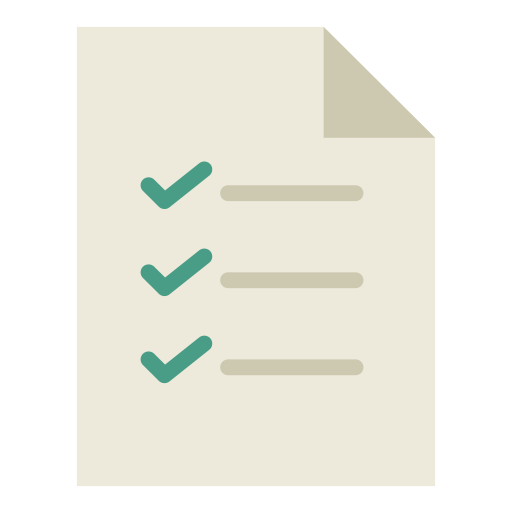Many people struggle to find the right revision technique for them when it comes to GCSE exams because it is likely the first time that they have faced a task like this. There are countless methods that people use when studying so it’s important that you try and find out which one works best for you. Hopefully, this article will give you some ideas that’ll help you kickstart your revision!
1. Make summaries and notes
The method that most people use is making summaries and notes from a textbook. Whilst this may seem like a good way to cover everything because you’re taking the information directly from a reliable source. This is great when you’re covering any topics that you’re unsure of, however it gets a little impractical when you’re trying to cover the entire specification. It’s also important to make sure you aren’t just copying the information straight from the textbook as that doesn’t benefit your revision at all.

2. Don’t just read the notes
Once you have these notes and summaries you need to utilise them in an effective way. One way to do this is to further summarise the notes in the form of mind maps, flashcards or annotated diagrams. This forces you to condense the complex information into a more concise format, thus developing your understanding. You can continue to carry this one until you get a whole topic onto a single A4 page with the aim of being able to recall the information from simple cues.

3. Keep your notes organized
The most important thing to remember when revising is to keep your notes organised so that you can refer back to them when doing questions or summarising them further. It’s also key that you refer back to them on a regular basis in order to refresh your memory. This is when methods like the classic ‘look, cover, write’ and question/answer flashcards come into play in order to ensure that you are actively engaging with the material instead of just skimming over it.

4. Go through past papers
An alternative method is to use past paper questions. Usually you should be aiming to do this around a week before the exam in order to put everything you’ve learnt into practice. Some people like to take each topic in turn once they have finished making notes on it, whilst others prefer to do full papers once they’ve finished everything. Regardless of your preference, it is advisable that you complete at least one practice paper under exam conditions to ensure that you’re able to finish it in the time that you’re given.

GCSEs are likely the first set of exams you’ve faced where you have to revise properly so it’s important to understand that you may not find the perfect technique immediately. Trying out a variety of different ways to study will help you find the one that works best for you and allows you to get the grades you deserve in your exams!


